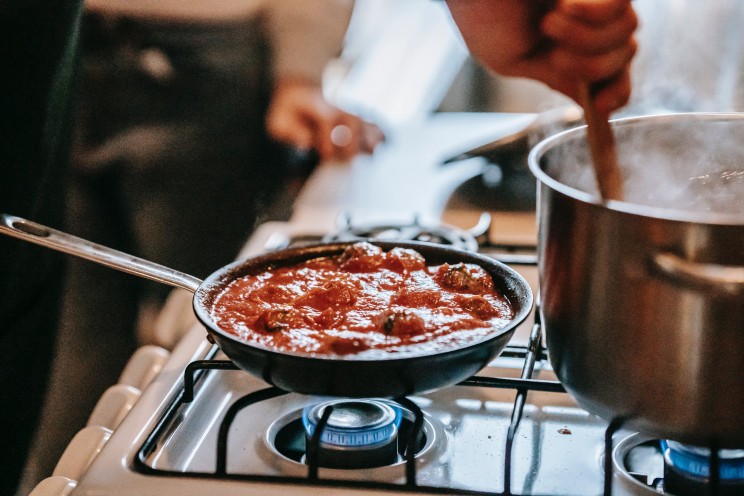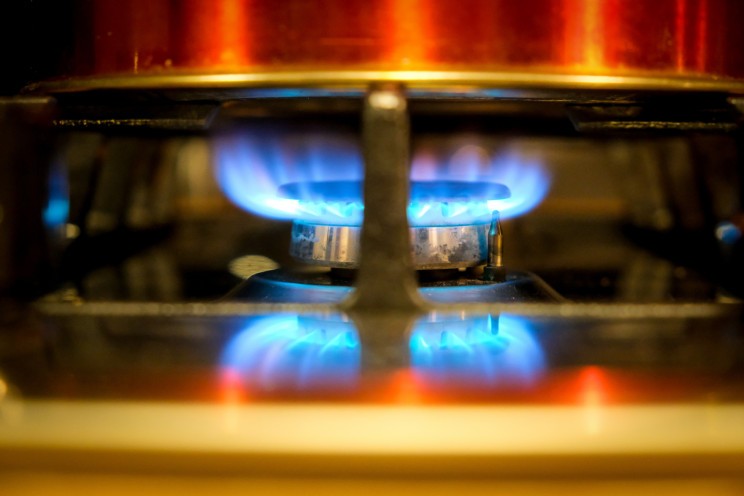
If you live in Portugal, whether full time as an ex-pat, or only part of the year in a second home, you will be accostumed to the low costs of living here. For the most part if you have your rent or mortgage payments under control, the rest is pretty manageable. However in the last few months with an energy crisis hitting the EU and a cold winter on the way, the cost of the utility bills, in particular electricity and gas, is hitting households hard.
Even if it's not enough to put you into the red, the increase in natural gas prices is something we would all rather avoid. No one likes to pay more for something than they used to. But there are little tricks that can help save gas at home. Today, Deco Alerta helps us to explain how it may be possible to reduce gas consumption at home, particularly in the kitchen. This way you can both reduce energy waste and thereby your carbon footprint, and also take a chunk out of your household bills, which is always nice.
Saving energy, be it electricity or gas, is not easy, but it is possible. And given the energy inefficiency of many Portuguese homes, and the costs associated with that inefficiency, it's increasingly necessary. Most gas consumption (natural, piped or cylinder) takes place in the kitchen and bathroom. We want to help you make the decision to be more efficient in the consumption of gas, to spend less, to save on your budget and even help out the environment.

We give you some tips on how to save gas at home. Let's start with one of the main places where gas is used: the kitchen. What can you do to reduce the amout of gas you are spending to cook your food?
- 1st - Match the size of the stove burner to the bottom of the pot, pan or saucepan. Not only is this more efficient, but it avoids "burning" the cooking gear, so you can save on your gas bills and keep your utensils in better condition for longer;
- 2nd - Always cover the pot/pan to speed up boiling so you need less time to cook. Just popping a lid on as you boil water will cut the time it takes, without using any more energy at all, which means more efficient consumption;
- 3rd - Turn down the heat when the boiling point is reached. Once whatever you are cooking has reached boiling, keeping the heat high won't save you any time, it will only waste more energy and maybe burn your food. Lower the temperature and save some money;
- 4th - Take advantage and check the colour of the flame, which should be bluish. If you notice that it is yellow or orange, this means that the cooker or burners need to be cleaned, as you are probably not getting the most out of the gas it's using. Cleaning it out helps the gas to be used more efficiently, saving you from wasting any;
- 5th - If you use a pressure cooker instead of a normal one, you save up to 30% of the energy. It's simple physics, it heats up faster, cooks quicker, and because of that finishes sooner so you can turn the gas off. You can save yourself time, and you can save on your bill;
- 6th - Avoid opening the oven door all the time. Check your food through the window and don't let the heat out. And if you can make the most of its capacity to cook various dishes at once, and you'll save yourself a ton of effort, and some gas!
There you have it: some practical tips for those of you who would like to try to blunt the impact of this year's increase in gas bills. Get the most out of you kitchen, and the least on your bills. Plus, you'll help out the environment by wasting less gas. A winning situation all-round!